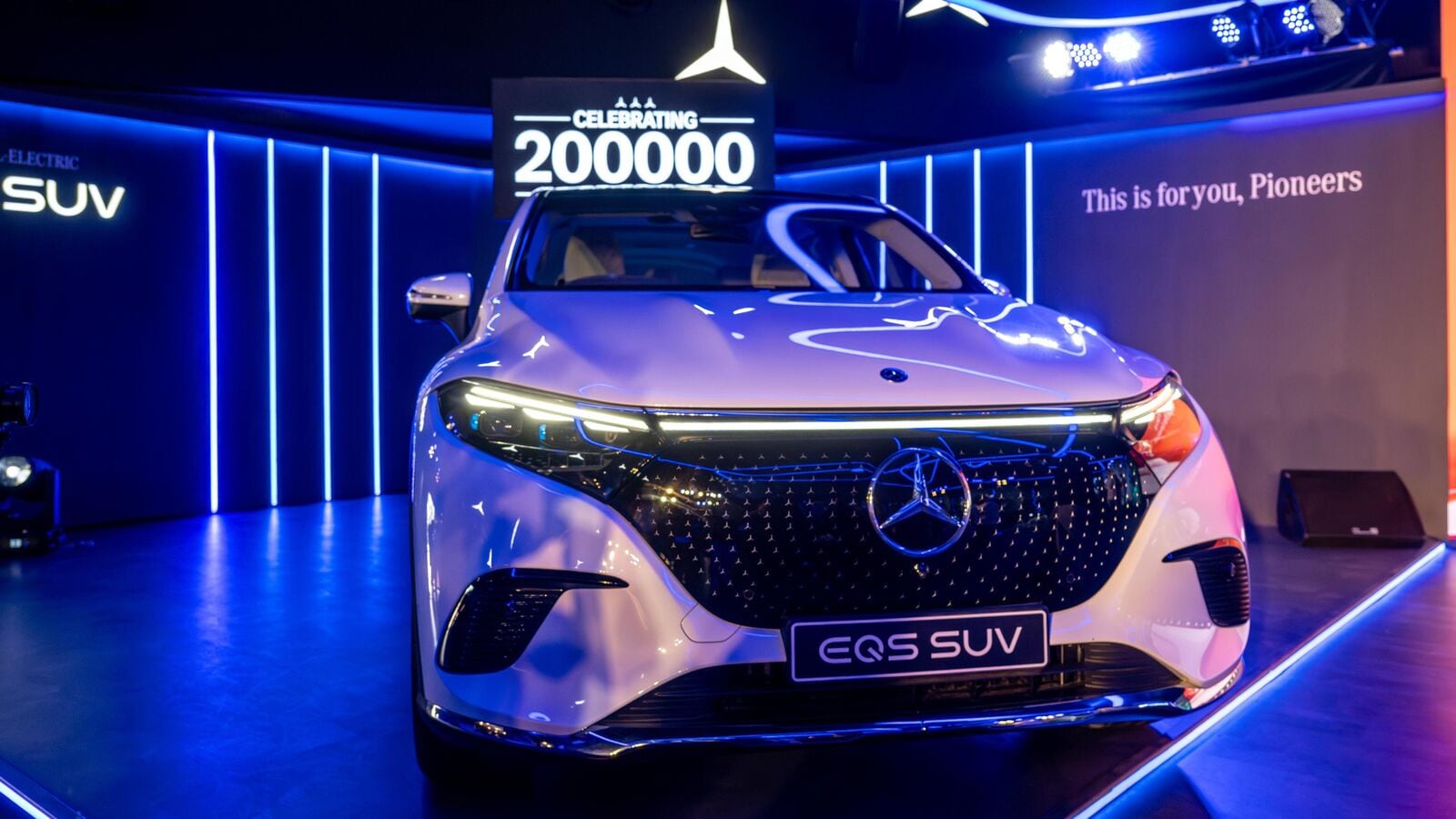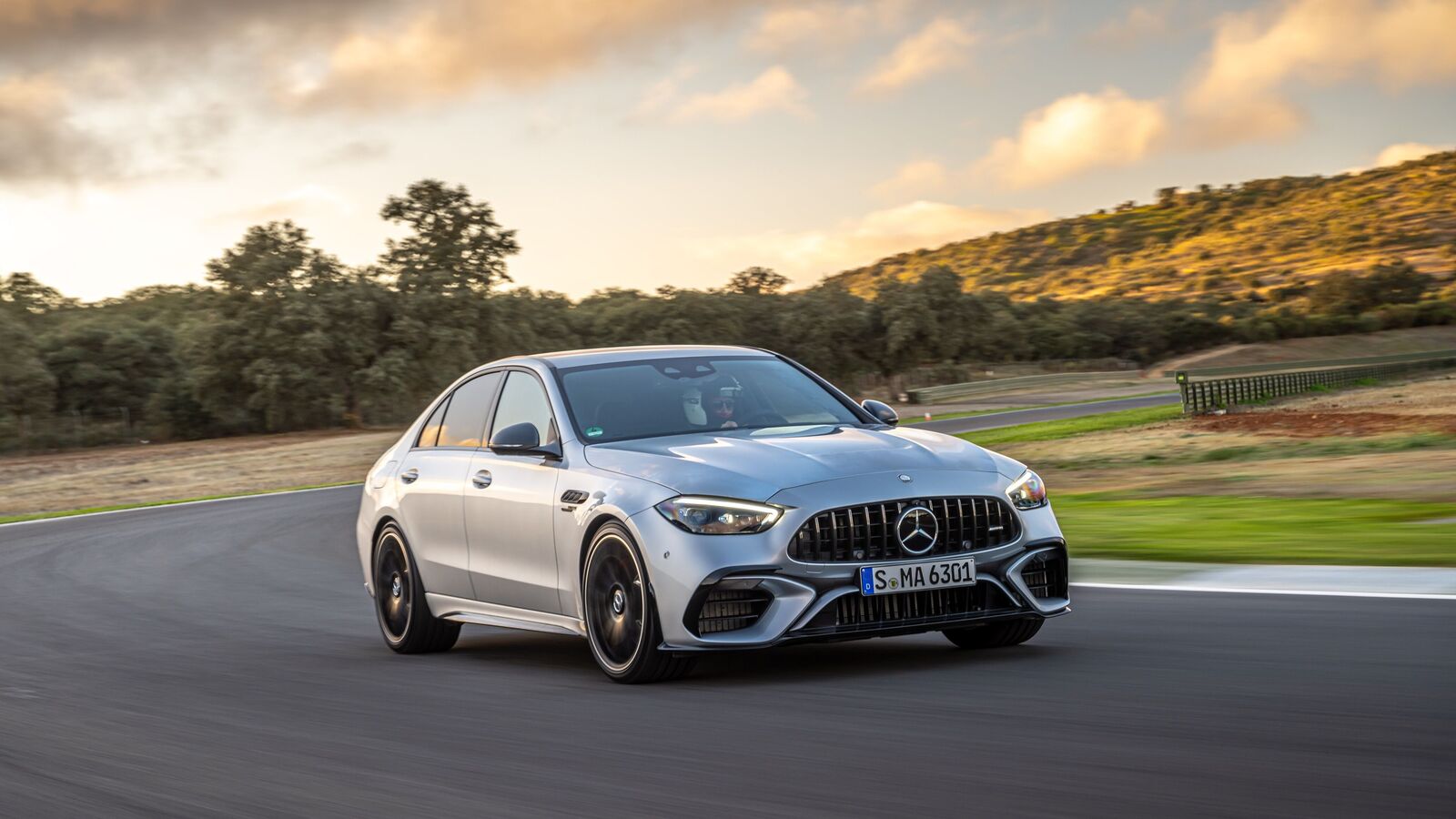Conventional wisdom is that most EV owners are Democrats, and that Republicans shun the newfangled contraptions. A recent poll conducted by The EV Politics Project appeared to confirm this narrative—49 percent of Republican respondents took a negative view of “electric car brands,” and a majority of Republican respondents agreed with the statement: “EVs are for people who see the world differently than I do.”
Other polls have found similar results. A 2023 Gallup poll found that 71% of Republicans would not consider buying an EV, and a 2023 Pew Research survey found that 70% of Republican or Republican-leaning Americans were unlikely to consider one.
However (as Hilary Clinton could tell you), opinion polls can be poor predictors of peoples’ real-world behavior.
Recent research by advocacy group Environmental Defense Fund Action (as reported by CNN) paints a different picture. The organization analyzed voter and vehicle data from political data provider L2, and found that, in some states, more EV owners appear to be Republicans and independents than Democrats.
L2 linked voter registration data to commercial records having to do with EVs, including insurance, credit and repair records. The data indicates that, in 9 states, more Republican voters than Democrats are linked to records of EVs. In 24 states, more Republicans, independents and third-party voters are associated with EVs than are Democrats.
The findings come with several caveats: only 31 states and DC register voters by party, so the remaining 19 states couldn’t be included in the study. Furthermore, the types of records that L2 examined to determine EV ownership are kept in different ways in different states. Multiple voters in the same household may have been counted, and some EV owners may have been excluded due to privacy laws or missing data.
One obvious fact might seem to support the “EVs are for donkeys” narrative: over a third of the plug-in vehicles in the US are found in left-leaning California, while rural midwestern and southern states have few.
On the other hand, Brett Williams, of the Center for Sustainable Energy, told CNN that EV sales are driven by various market factors such as consumer awareness, availability of charging infrastructure, state incentives and the number of EVs seen on dealers’ lots. States that have more of those things, such as California, naturally have more EV owners.
“Some of the markets that had the richest soup of those ingredients got an early start,” said Williams, adding that other states are slowly but surely catching up. “That speaks to the fact that the economic and pollution benefits of electric vehicles don’t obey political boundaries.”
Source: CNN




